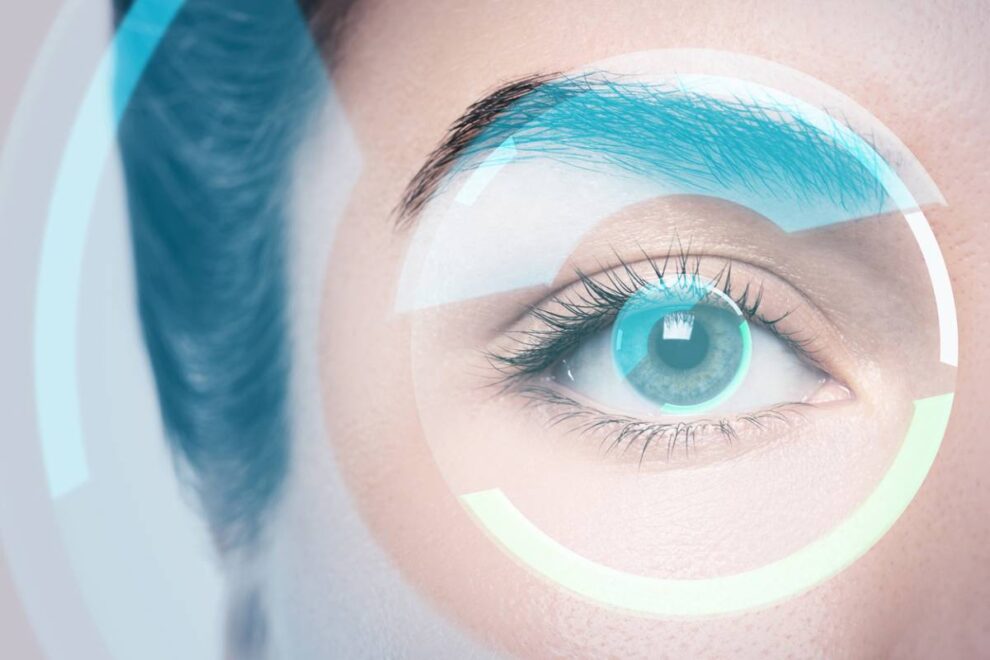Posted by: Caster Eye Center in eye health

Your eyes are complex and sensitive organs that require constant care. It is important to keep up with your eye health in order to stay alert and healthy as you age. Whether or not you have worn glasses or had an eye exam in the past, it is never too late to assess your eye health. In fact, a checkup today could prevent serious issues from developing tomorrow. Caster Eye Center offers a wide range of treatments dedicated to eye damage prevention and increased ocular health. Below, we cover central best practices for preventing eye damage.
Best Practices for Preventing Eye Damage
Here are some of our best practices for preventing eye damage and better eye health tips from our eye care center in Beverly Hills.
Protect Yourself Against the Sun
Of course it is healthy to get an ample dose of sunlight. But, too much exposure will end up doing more harm than good. You should never look directly into the sun, and you should protect your eyes with sunglasses when you are outside for a long period of time. Sunglasses are made with different levels of light protection, shading your eyes against harmful UV rays.
You should even wear sunglasses when it is overcast or cloudy. The sky reflects almost 90% of UVA and UVB radiation, making sun exposure during a cloudy day even worse. In addition to glasses, you can also invest in visors and sun hats with enough of a brim to cast shade over your face. This will protect your eyes and skin when it is too bright outside.
Adjust the Brightness Inside, Too
Staying indoors is the best method of avoiding the sun. But there are hazards to your eye health inside your home as well. You should adjust the screen brightness of your TV, monitor, or cell phone to a more comfortable setting. You can also use this time to adjust the height of your TV and computer screens. Monitors are healthiest when they are at eye level. This position prevents you from having to strain, protecting everything from your eyes to your neck.
Establish a Resting Schedule
Your eyes could use some time to rest. Try to turn off all screens at least 30 minutes before you go to sleep, and do not look at screens in your bed. The more time you give your eyes to rest without looking at light, the better you can protect them from deterioration. If your job requires you to look at the screen all day, use our expert-recommended method of looking 20 feet away from your screen, for 20 seconds, every 20 minutes. Just remember 20/20/20 and you can easily adapt this into your daily routine.
Eat More Eye-Strengthening Foods
A quick change in your diet can do wonders for your eye health. Add more green leafy vegetables to your meal for a boost of healthy vitamins and minerals to your system. Kale, spinach, broccoli, and collard greens are some of the healthiest foods you can eat for your eye health. Carrots also give your eyes a great boost of Vitamin E.
If you are a fish eater, you can gain another boost to your eye health by consuming tuna and salmon. These fish are rich in omega-3s, which are a type of fatty acid that reduces inflammation in and around your eyes. Ask your doctor about omega-3 fatty acid supplements or food benefits.
Schedule Your Annual Eye Exam
You should be getting your eyes checked regularly no matter your age or current eye health. Again, prevention is much better than treatment. You can avoid poor eye health issues by staying in touch with your trusted eye doctor and scheduling an appointment whenever needed.
During our eye exams at Caster Eye Center, we perform a thorough evaluation of your health through different tests and measurements. We can help you figure out what you should do to protect your eyes while keeping them at peak health. Learn more eye care tips by calling our experts today to schedule an initial consultation!
